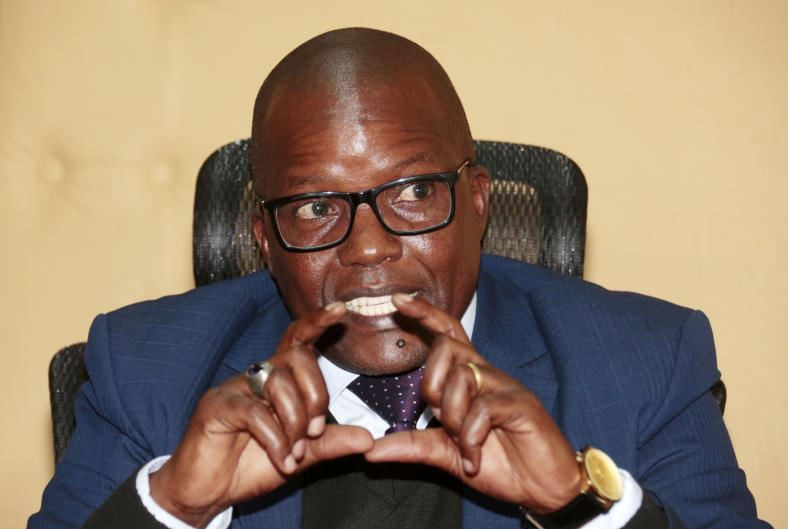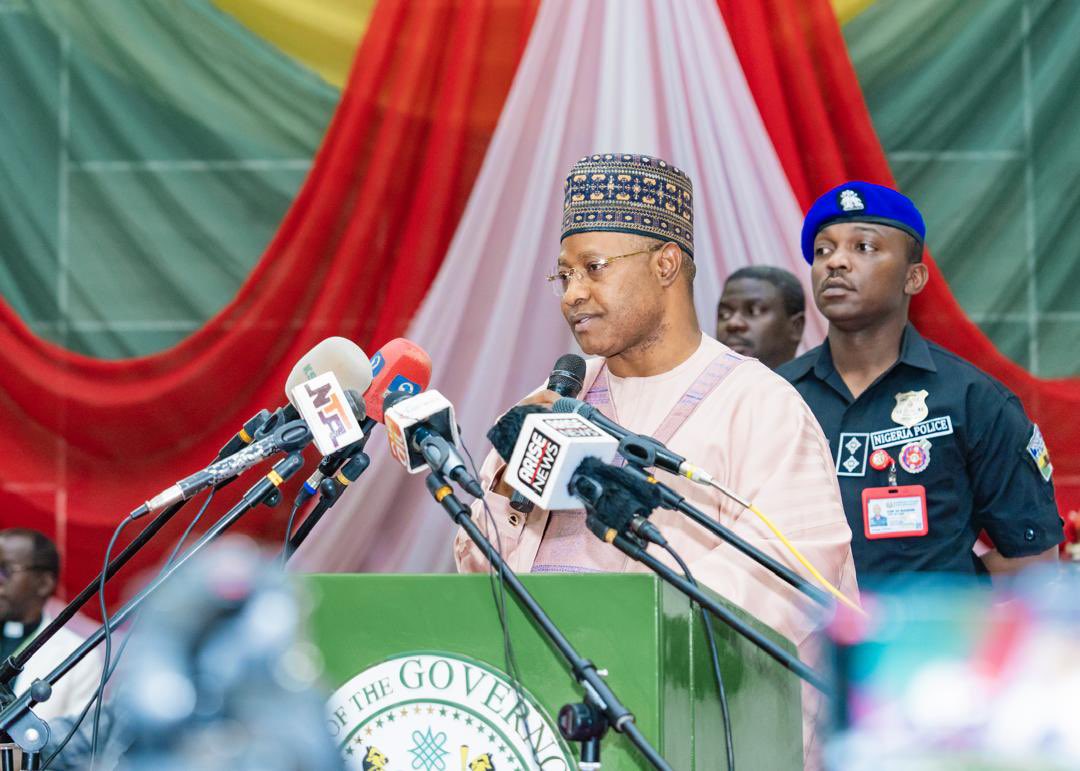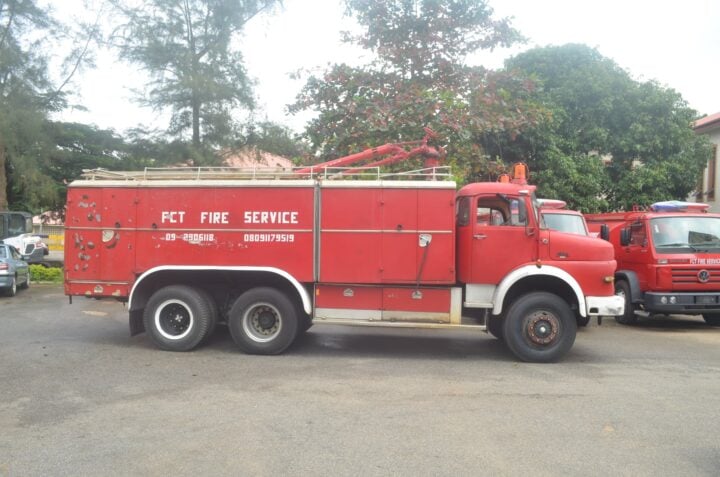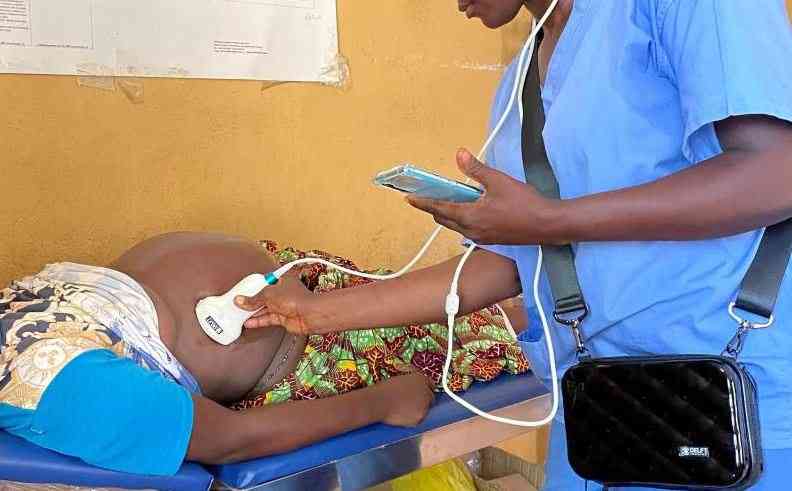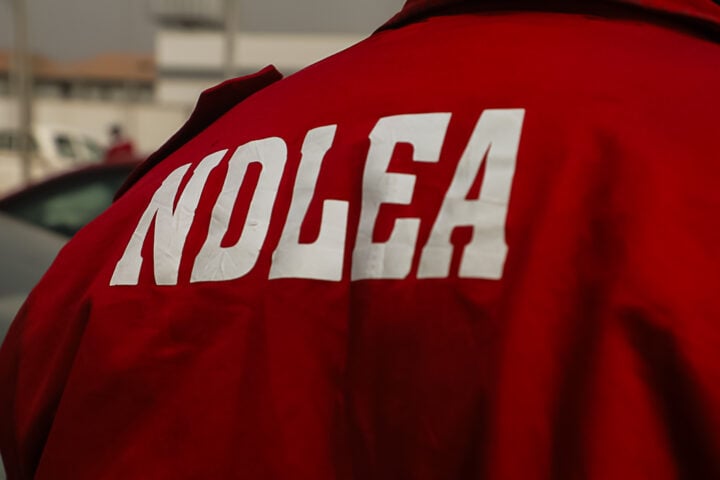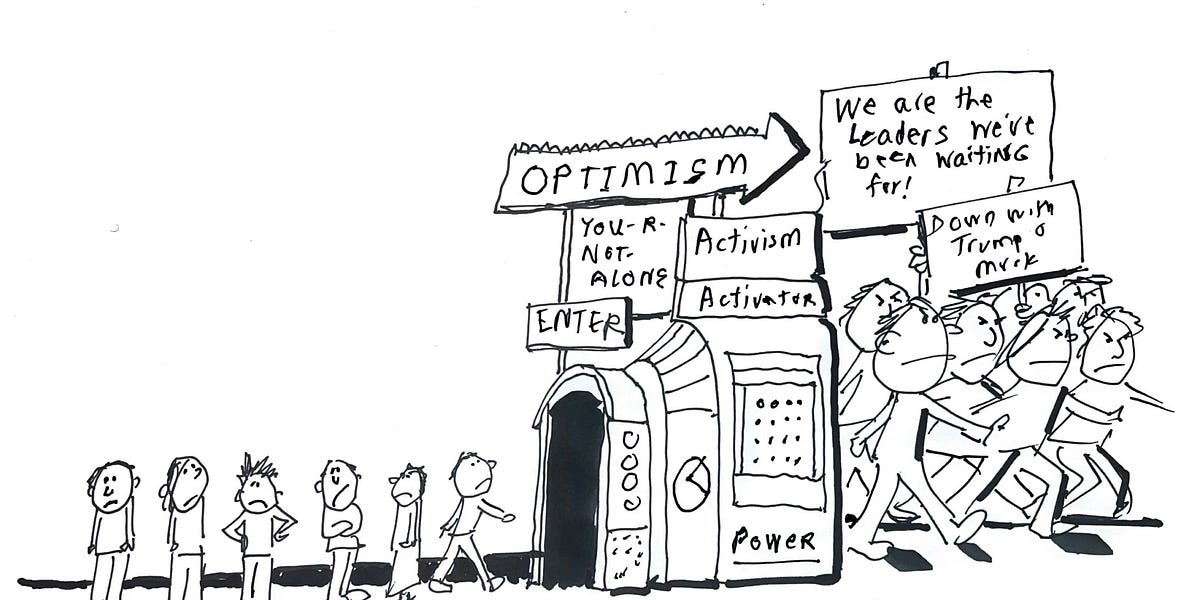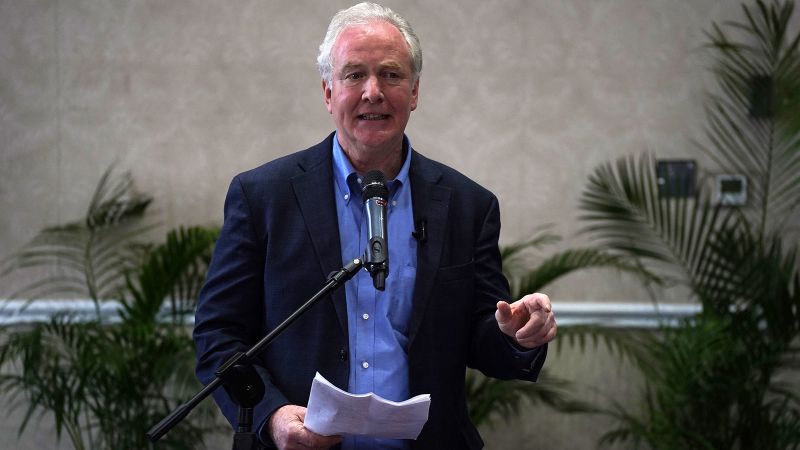Maduro calls US deportation of migrants to El Salvador a 'kidnapping'
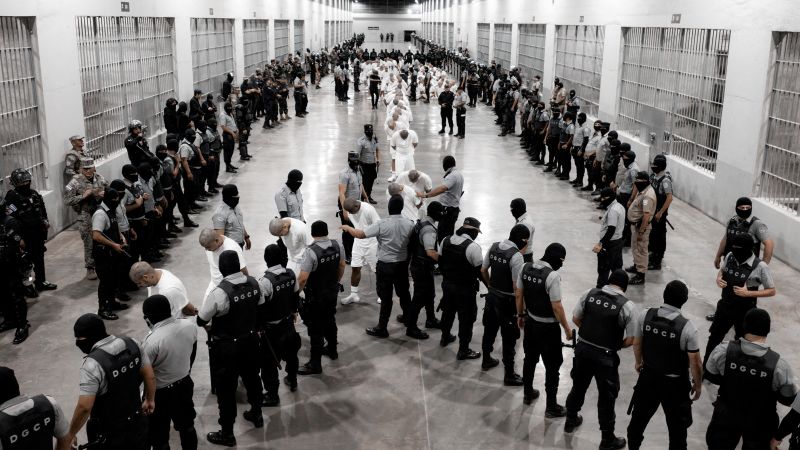
Venezuelan President Nicolás Maduro has vehemently condemned the United States' deportation of over 200 migrants, primarily Venezuelans, to the Counter-Terrorism Confinement Center (CECOT) in El Salvador, branding the action as a “kidnapping.” The CECOT prison is notorious for its harsh treatment of inmates, drawing criticism from human rights organizations that deem its practices inhumane and a violation of fundamental rights.
Maduro specifically called out El Salvador's President Nayib Bukele, urging him not to be an accomplice to what he described as the kidnapping of Venezuelan citizens. He asserted that the deported individuals had not committed any crimes in the United States and were denied due process, legal representation, and a fair trial. According to Maduro, the migrants were deceived, handcuffed, and forcibly transported to what he likened to a concentration camp in El Salvador.
In response to the deportations, Maduro announced that his government would formally request the return of the Venezuelan deportees from El Salvador, backed by a petition signed by millions of Venezuelan citizens. This action follows the deportation of 238 Venezuelans by the U.S., invoking an 18th-century wartime law and alleging their involvement with the Tren de Aragua gang. This move has further strained relations between the U.S. and Venezuela.
Former U.S. President Donald Trump defended the deportations, citing an “invasion” of migrants and labeling the deported individuals as “a bad group of, as I say, hombres.” The White House has yet to provide concrete evidence linking the deported Venezuelans to the Tren de Aragua, a criminal organization associated with human trafficking, money laundering, drug smuggling, and other illicit activities. Despite this lack of evidence, the Trump administration had previously designated Tren de Aragua and the Salvadoran MS-13 gang as foreign terrorist organizations.
The Immigration and Customs Enforcement (ICE) agency has stated that it conducted thorough reviews of the deported individuals' profiles to ascertain their ties to criminal groups. However, the names of those deported have not been disclosed, raising concerns about transparency and accountability.
In Caracas, Venezuelans have rallied in protest against the deportations, with some claiming to recognize their relatives in news footage of the deported group. Relatives of the deported men insist on their innocence and are demanding their return home, a call that Maduro has supported.
Maduro has also directed his government to increase the number of repatriation flights for Venezuelan migrants detained in the U.S., aiming to provide them with respect, dignity, and support upon their return to their homeland and families. CNN has reached out to the Presidency of El Salvador and the U.S. Department of State for comment on the situation.
